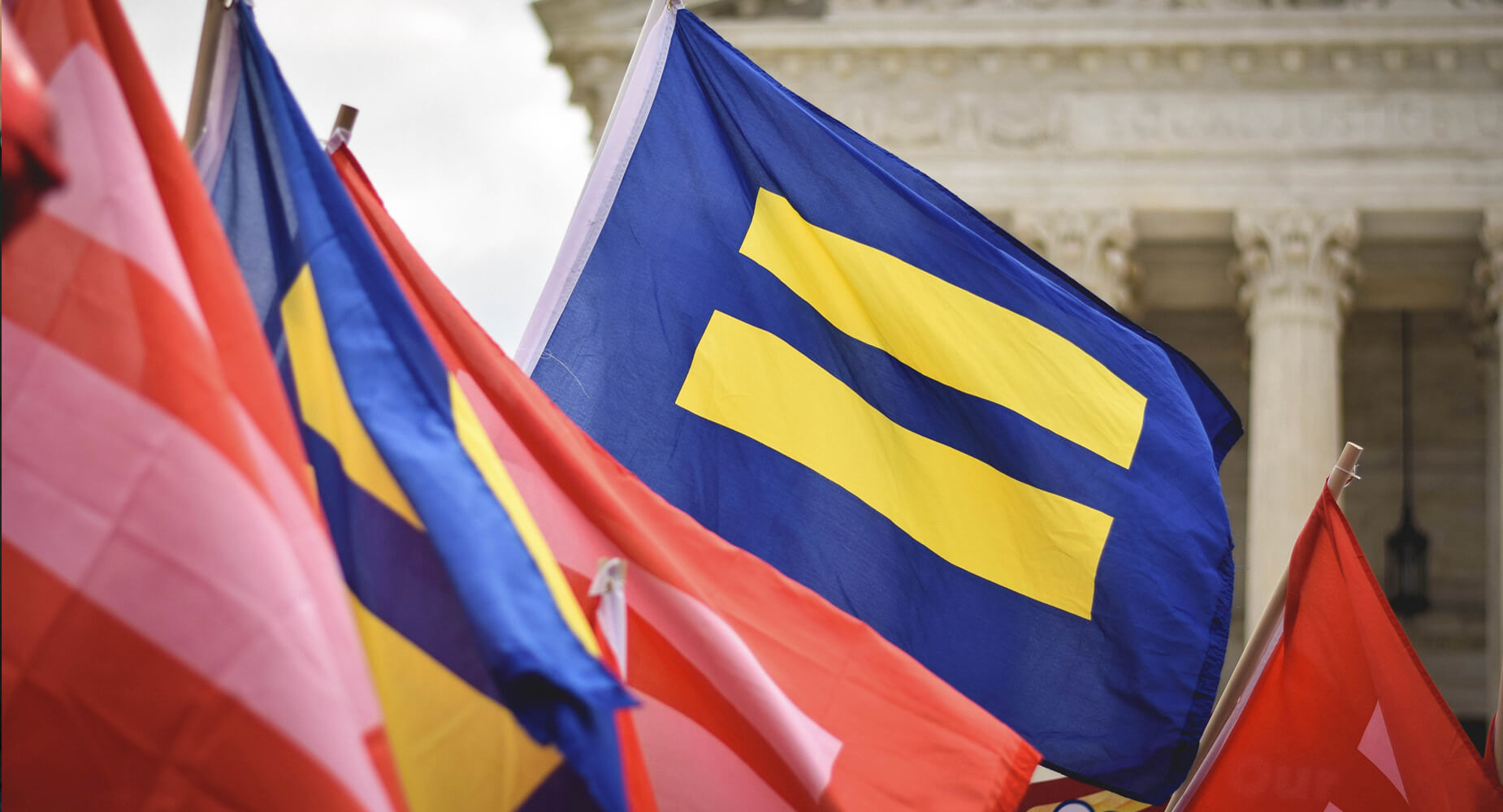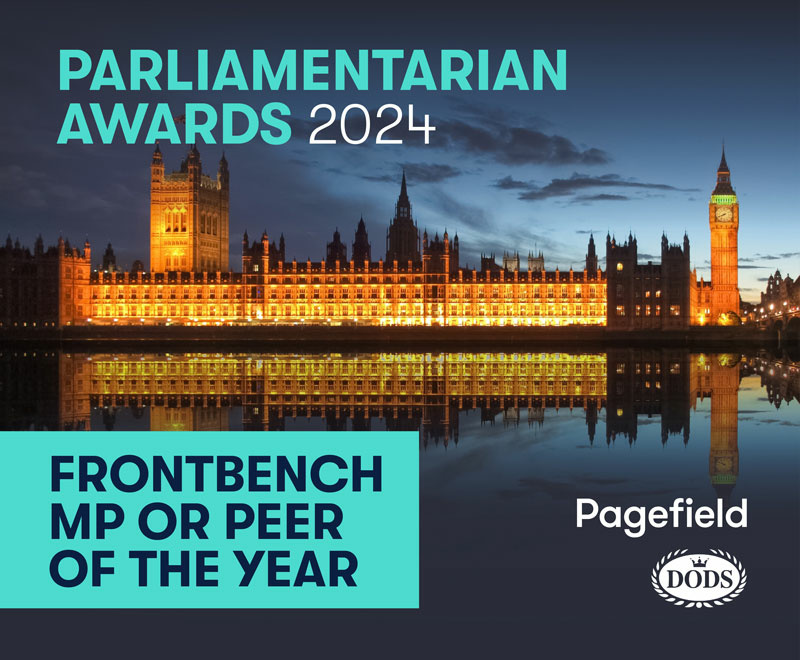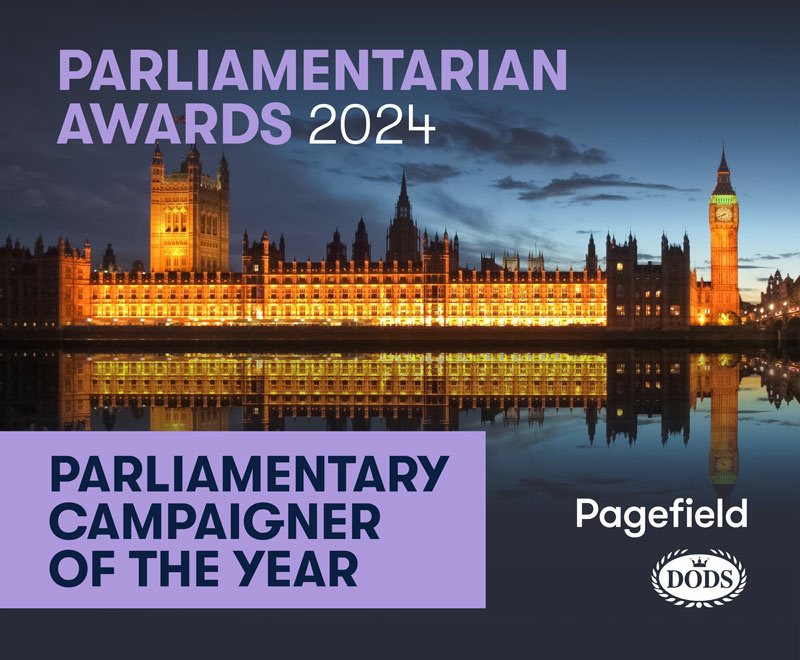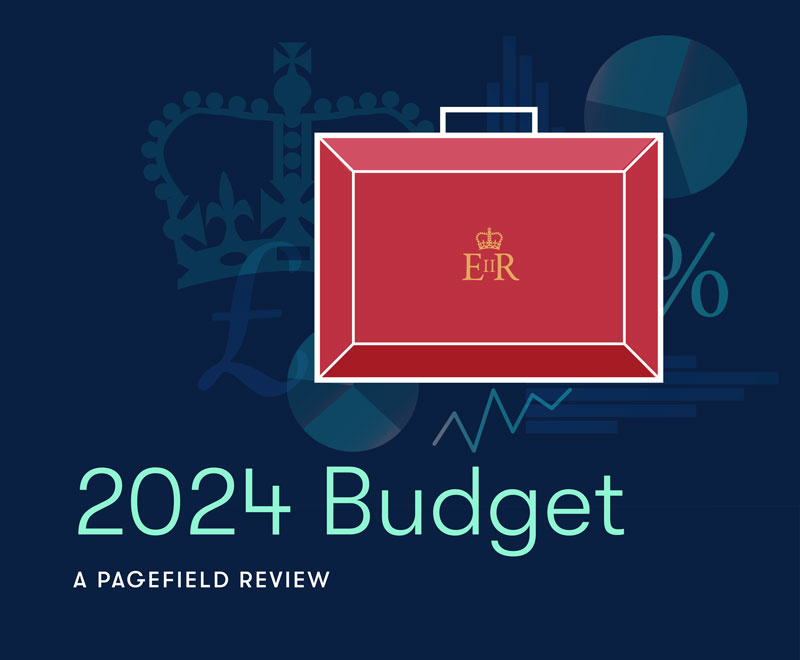“It’s nice to be nice,” said the man who followed me along the beach, offering me his taxi service, some freshly made juice from a juice stand and a table at a restaurant owned by his aunt, all of which I had politely declined whilst carrying on my walk. The implication of course was that I should have eagerly taken him up on every offer that he was making, whilst sharing my life story in response to his persistent questioning, and in not doing so, I was the one being rude.
Now, I have nothing against people promoting their offerings whilst I am on holiday, but what quickly dawned on me was that it was only me and my female friend, who were facing this situation in such extremes.
Whilst this was taking place abroad, it is sadly the case that much of the same behaviour persists in the UK for women on a daily basis.
Is it too much to ask that women are treated the same as men; that we can have a truly equal society? That’s what this year’s International Women’s Day is calling for; a gender equal world, which can be healthier, wealthier and more harmonious. As IWD themselves say “what’s not great about that?”
Last year I wrote about the #MeToo movement and how sexual harassment allegations were coming to light across business and politics. This year, we have seen Harvey Weinstein sentenced for his actions, but there are so many injustices that still need to be put right.
Whilst a dedicated band of women continue to highlight the problems of harassment in Parliament, all political parties are still failing to introduce a fully independent complaints system, and the stories of women facing harassment in Parliament persist. Those who have been accused remain in their jobs, whilst victims are leaving Parliament and politics to not have to face them every day.
At the 2019 General Election, the number of women in Parliament rose by 12 to 220, and the Labour Party now has more female than male MPs. Yet, women still only make up 34% of our political representatives. In local government, the picture is remarkably similar, with women representing 33% of councillors.
And sadly, those statistics are not improved when you look more widely at business. Women are still chronically under-represented in senior roles, with women holding just over 1 in 20 of FTSE 100 CEO roles.
The idea that women are less than men has to change. I recently gave an interview about what I thought had changed about how women are treated in the workplace. It depressed both me and my interviewer that what she had experienced when she started out were things that I was still facing today.
Over my years in public affairs and in politics, I have been paid less than my male colleagues, spoken over when men thought that they could make my point better themselves, or even worse, have them repeat exactly what I have just said to nods and smiles around the table as if I didn’t just say the same thing.
I’ve been at events with male colleagues, where hosts will approach them first, starting a discussion about their role, with the presumption that I am the more junior colleague or just there to make up the numbers. You can see the faint embarrassment when they finally ask what I do and realise their mistake.
Research from across the private sector has routinely demonstrated that more diverse teams perform more effectively than homogenous ones. The time is now to make that a reality.
I get to work with brilliant women every day. They inspire me, they challenge me, they make me laugh, and I value what they have to say. But too often I am still the only woman in a room full of men. The debate is lacking by not having more female voices around the table. Those conversations where we all come together to think through a solution to the problem a client faces are far richer by having a diversity of voices and experiences to bring to bear.
I’m determined that when those starting out in their careers are asked in ten years’ time what has changed about attitudes to women, they won’t be saying the same things that I have. It is on every single one of us to make that change, create an equal society, and ensure that women’s voices are heard.




